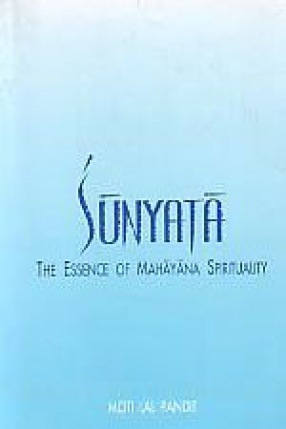
Moti Lal Pandit

Showing all 9 books
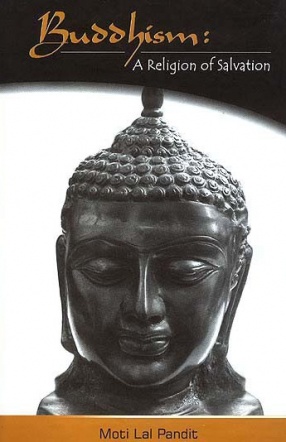
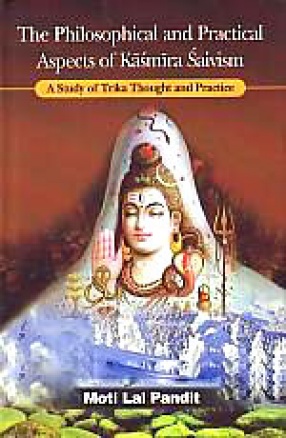


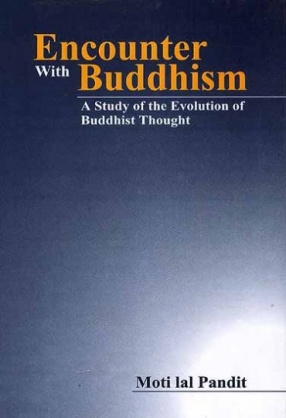
The main purpose of writing this book is not only to explain, but also to interpret, the three phases of development of Buddhist thought in India, and how and in what manner it spread out to countries as far away from the land of its origin as Japan. Though the subject may be vast, a conscious effort has been made of explaining the complexity of Buddhist philosophical thought in as concise term as possible. The first five hundred years, which constitute the ...
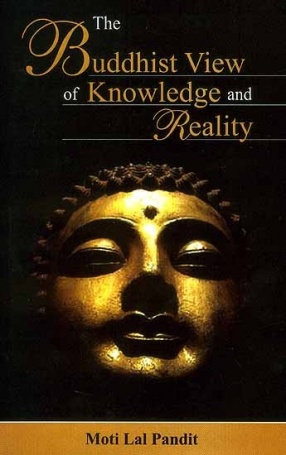
Buddha, while synthesizing the competing religious ideologies of brahmanism and sramanism, envisioned such a religious goal which, both at the theoretical and practical levels, would follow the Middle Way, and in terms of which would be abandoned both philosophical and religious extremism. Thus, the Middle Way of the Buddha would avoid such philosophical and ethical extremism as is enshrined by such concepts as, for example, eternalism and nihilism, hedonism and ...

Buddhism as a religion of salvation is not so much concerned with the question of heaven and hell as much as with the existential question of suffering. It is, thus, the text of human suffering that has determined the soteriological goal of Buddhism, which is characterized as to how to obtain release from human suffering itself. Since suffering is a fact of life, so the aim has been to search for such ways and means by the application of which suffering may be ...

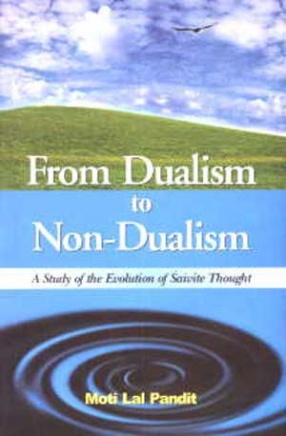
The religious history of India has expressed itself in terms of what has come to be known as the Great Tradition and the Little Tradition. It is the synthesis of these two traditions that has given rise, through the process of evolution, to the present-day Hinduism. It is with this absorptive spirit of Hinduism with which this book deals by pointing out as to how Saivism, though belonging to the Little Tradition, has evolved as part and parcel of Brahmanism. ...

The Buddha, upon the attainment of enlightenment, found out that the conditioned existence, whatever be its form or state, is basically and inherently characterized by pain. The conditioned existence is painful on account of it being insubstantial and impermanent and also due to it being subject to constant becoming. As life in the world is painful, so it is necessary to find out such a treatment by the application of which suffering as such could be transcended. ...
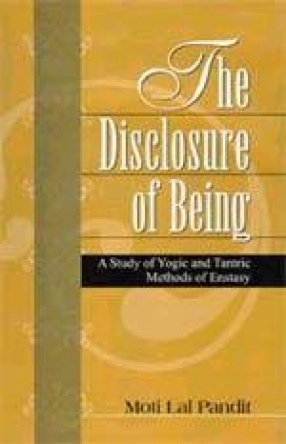
Man, from the very dawn of history, has never been at home in the world. He has continuously tried to search for such ways and means, both intellectual and practical, that would allow him to transcend the conditioned existence in which he finds himself in space-time bound universe. It has always been the burning desire in the heart of man to realise such a mode of life that transcends the tragic terror of finitude in terms of the realisation of abundance of life. ...
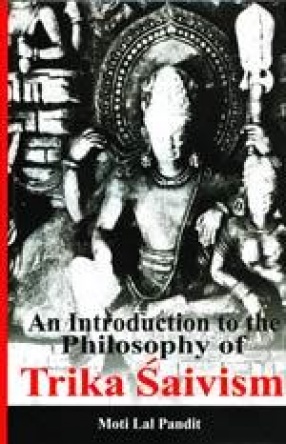
The aim of this book is basically to introduce the reader to the fundamental principles that Trika philosophers have enunciated in their philosophical-cum-theological treatises. Such an approach has been adopted deliberately on account of the fact that Trika System of Thought, which is very rich in philosophical vocabulary, is hardly known to general public in the manner of Advaita Vedanta of Samkara. Although non-dualistic in orientation, yet it differs ...
